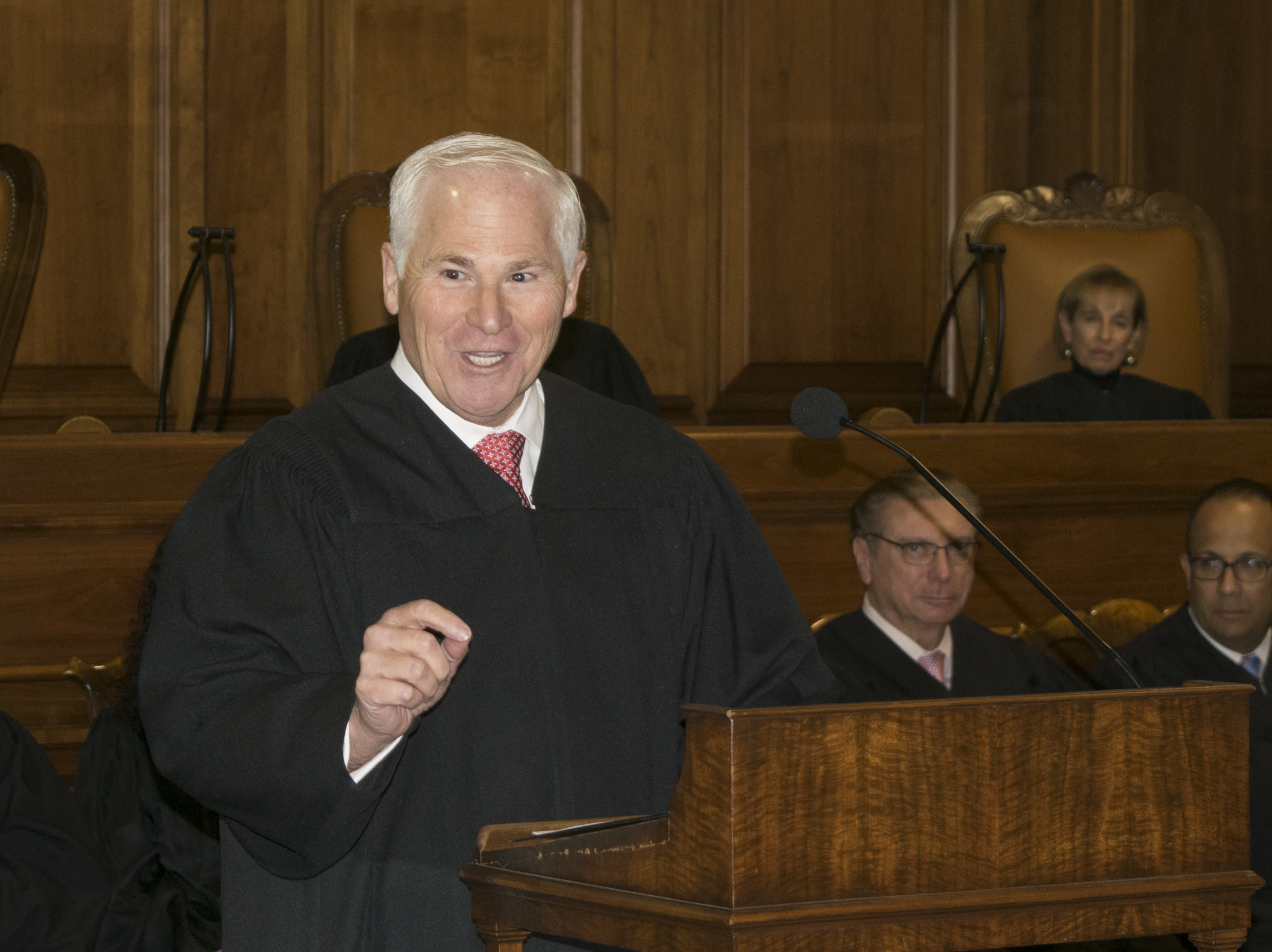Appellate Division, Second Department hearing cases at a record pace

Justice Alan Scheinkman took over as presiding justice of the Appellate Division, Second Judicial Department in Jan. 2018 and in less than two years he has made a significant impact on the speed at which cases are churning through the Monroe Street court.
In an editorial published by the New York Law Journal on Tuesday, Presiding Justice Scheinkman noted that even though the court currently has two vacancies, it has managed to increase the number of perfected cases disposed of by approximately 35 percent, from 2,786 in 2017-2018 to 3,717 in 2018-2019.
In addition, the court increased its day and submission calendars from 3,593 cases in the 2017-2018 court year to 3,822 in the 2018-2019 year.

Brooklyn Boro
View MoreNew York City’s most populous borough, Brooklyn, is home to nearly 2.6 million residents. If Brooklyn were an independent city it would be the fourth largest city in the United States. While Brooklyn has become the epitome of ‘cool and hip’ in recent years, for those that were born here, raised families here and improved communities over the years, Brooklyn has never been ‘uncool’.